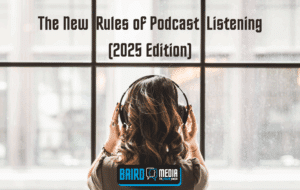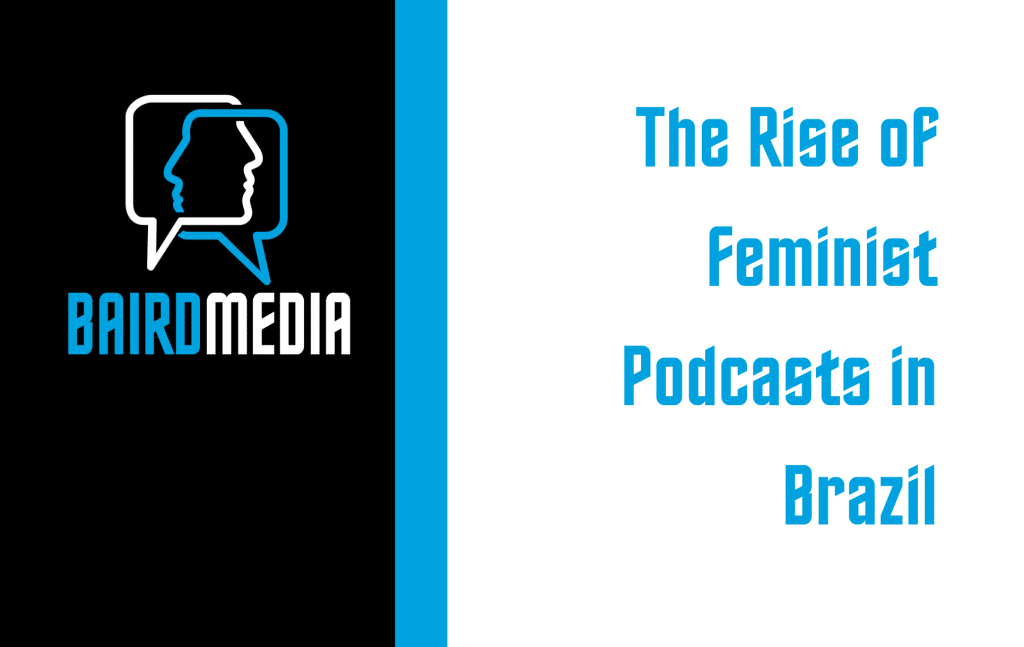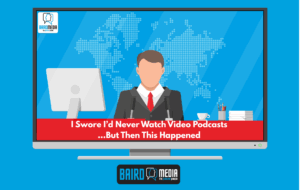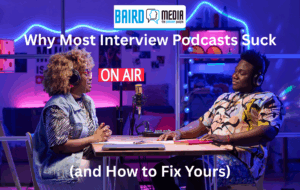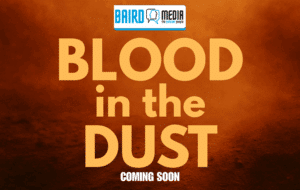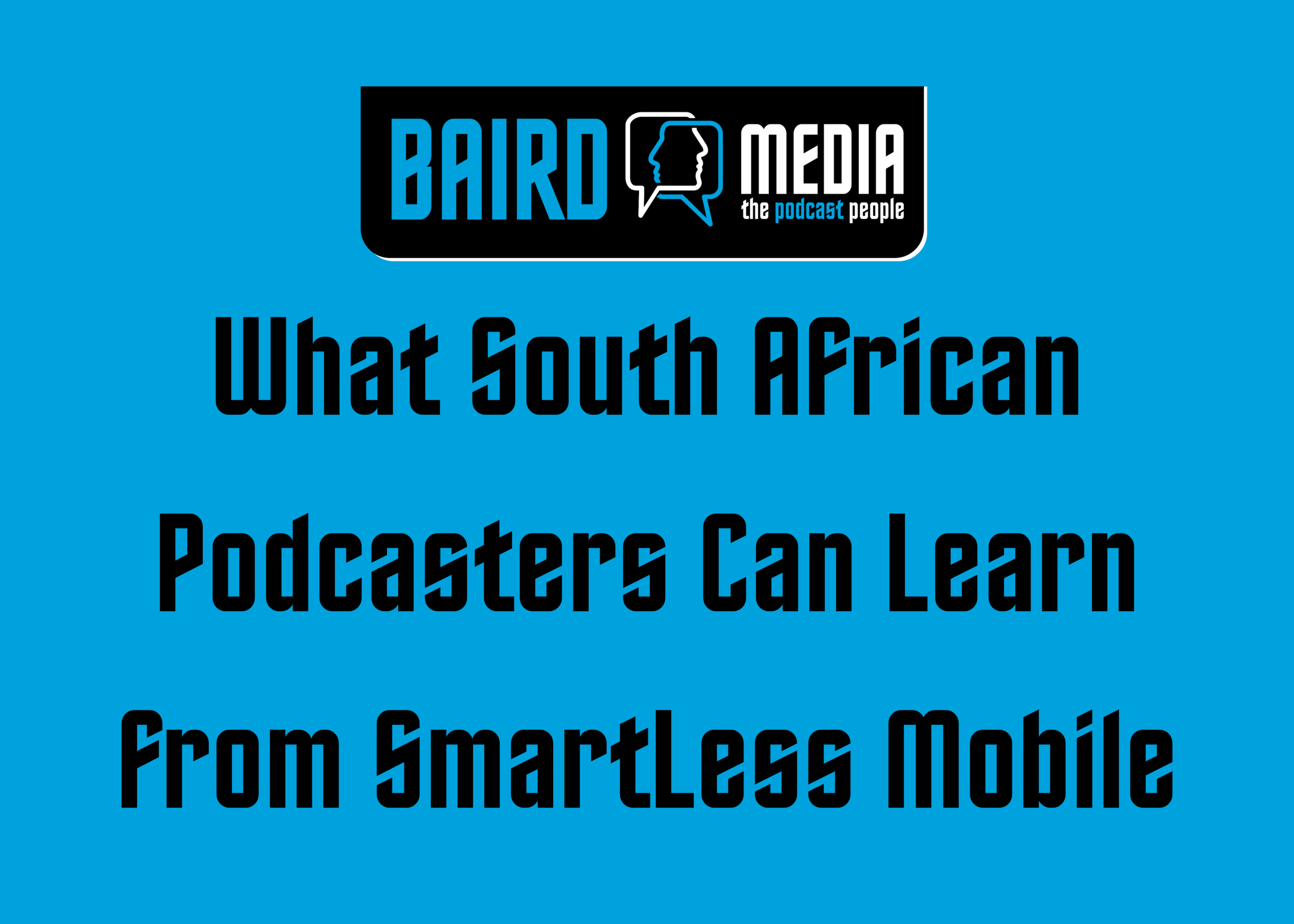The Evolution of Feminist Podcasting in Brazil
The study highlights the origins and growth of feminist podcasting in Brazil, tracing its roots back to 2017 with the creation of the hashtag #mulherespodcasters (#womeninpodcasts) by producer Ira Croft.
This initiative aimed to generate visibility for podcasts produced by women or featuring female guests, responding to the glaring gender disparities in the media.
The campaign #OPodcastÉDelas (#ThePodcastIsTheirs) further encouraged female participation, marking a significant shift in the digital landscape where new feminist debates began to flourish.
Profile of Brazilian Feminist Podcast Producers
Hack’s research involved a detailed survey of 511 podcast producers who identified as women (cisgender or transgender) or non-binary.
The findings reveal a community that is highly educated, with most producers holding a college degree, and predominantly identifying as feminists.
These producers engage deeply with feminist ideologies, using their platforms to discuss a wide range of issues, from gender equality to human rights, often intersecting with race, class, and regional struggles.
Intersectionality at the Forefront
A key theme in Hack’s study is the intersectional nature of feminist podcasting in Brazil.
The research shows that these producers are not just focused on gender issues but are also deeply engaged with topics related to race, ethnicity, and class.
This intersectional approach reflects the broader feminist movements in Brazil, which have historically been shaped by the experiences of women of color and other marginalized groups.
The study also underscores the challenges these women face in a media landscape that often marginalizes their voices.
Despite these obstacles, the community has grown significantly, driven by a shared commitment to creating safe spaces for activism and challenging dominant narratives.
Regional and Ethnic Diversity
The study provides a fascinating breakdown of the regional and ethnic diversity among Brazilian feminist podcasters.
While the majority of producers are based in the Southeast of Brazil, there is significant representation from the Northeast and South, each bringing unique perspectives shaped by local cultural and political contexts.
Ethnically, 71% of the respondents identified as white, with women of color representing 25% of the sample.
This diversity highlights the varied experiences and challenges faced by different groups within the feminist movement.
Challenges and Opportunities
One of the most striking findings of the study is the economic disparity within the community of podcast producers.
The majority of these women do not earn a significant income from their podcasting efforts, with many treating it as a hobby rather than a profession.
This economic reality underscores the broader issues of gender inequality in media production, where women, particularly women of color, are often underpaid or unpaid for their work.
Despite these challenges, the study shows that feminist podcasters in Brazil are making significant strides in creating content that resonates with listeners and drives social change.
Their work is helping to democratize media by offering alternative narratives and challenging the status quo.
Conclusion
Aline Hack’s study offers a critical insight into the feminist podcasting community in Brazil, highlighting the achievements and ongoing struggles of women in this space.
As podcasting continues to grow as a medium, the voices of these feminist producers will likely play an increasingly important role in shaping public discourse in Brazil and beyond.
For those interested in exploring how podcasting can be a tool for social change, particularly within feminist movements, this study is an invaluable resource.
To stay updated on the latest trends in podcasting and digital media, visit Baird Media.
This article is based on the study “The Feminist Community of Podcast Producers in Brazil: Mapping the Profile of Women” by Aline Hack, published in April 2024 in RadioDoc Review.
